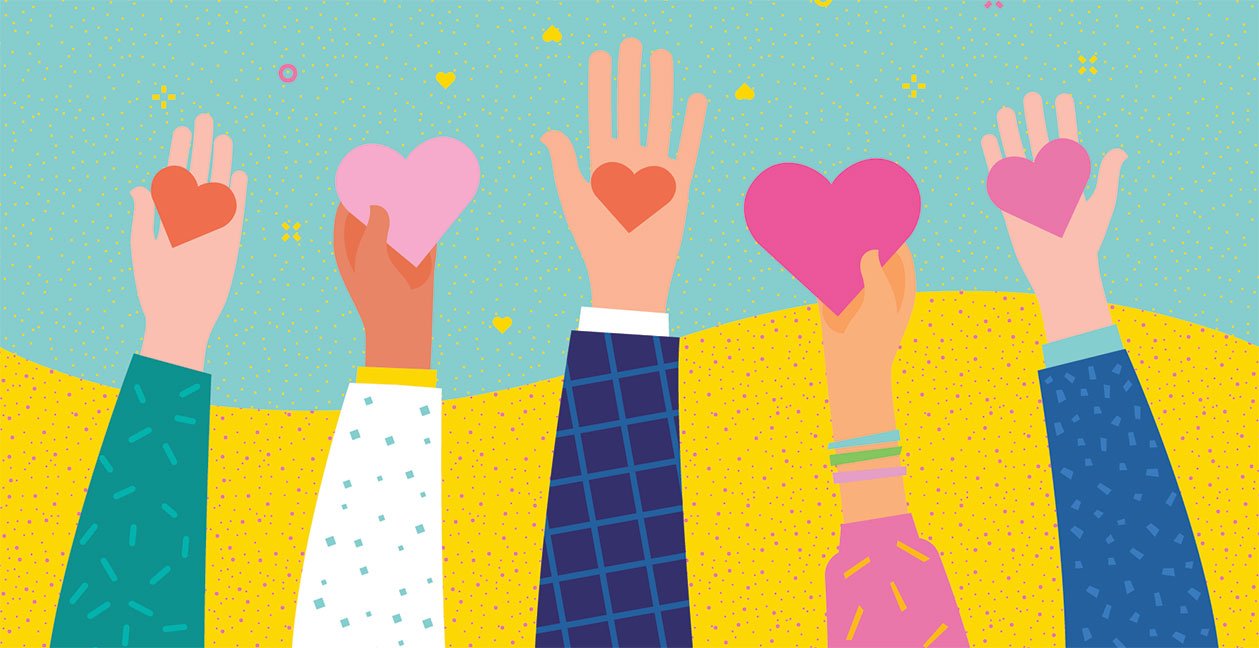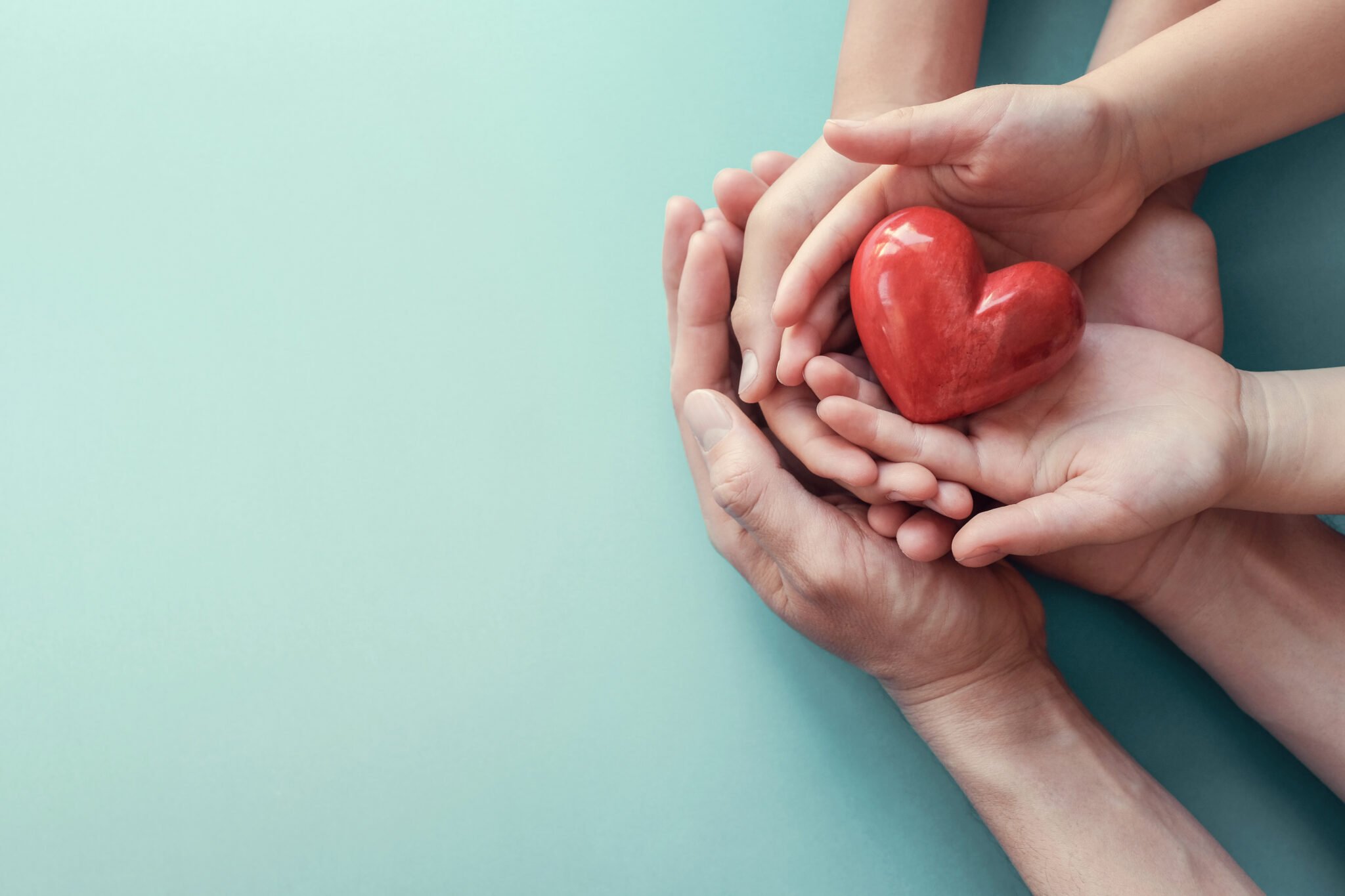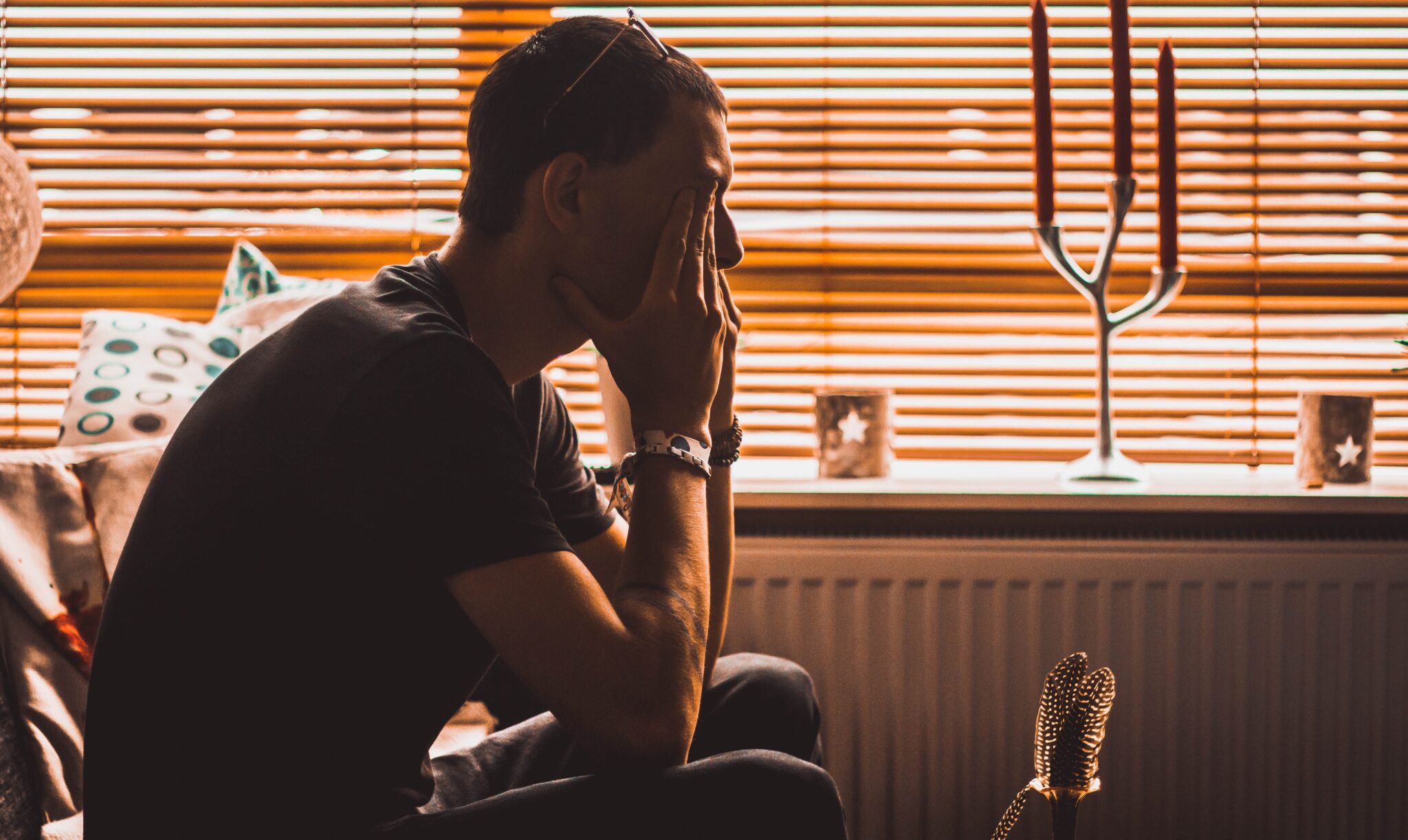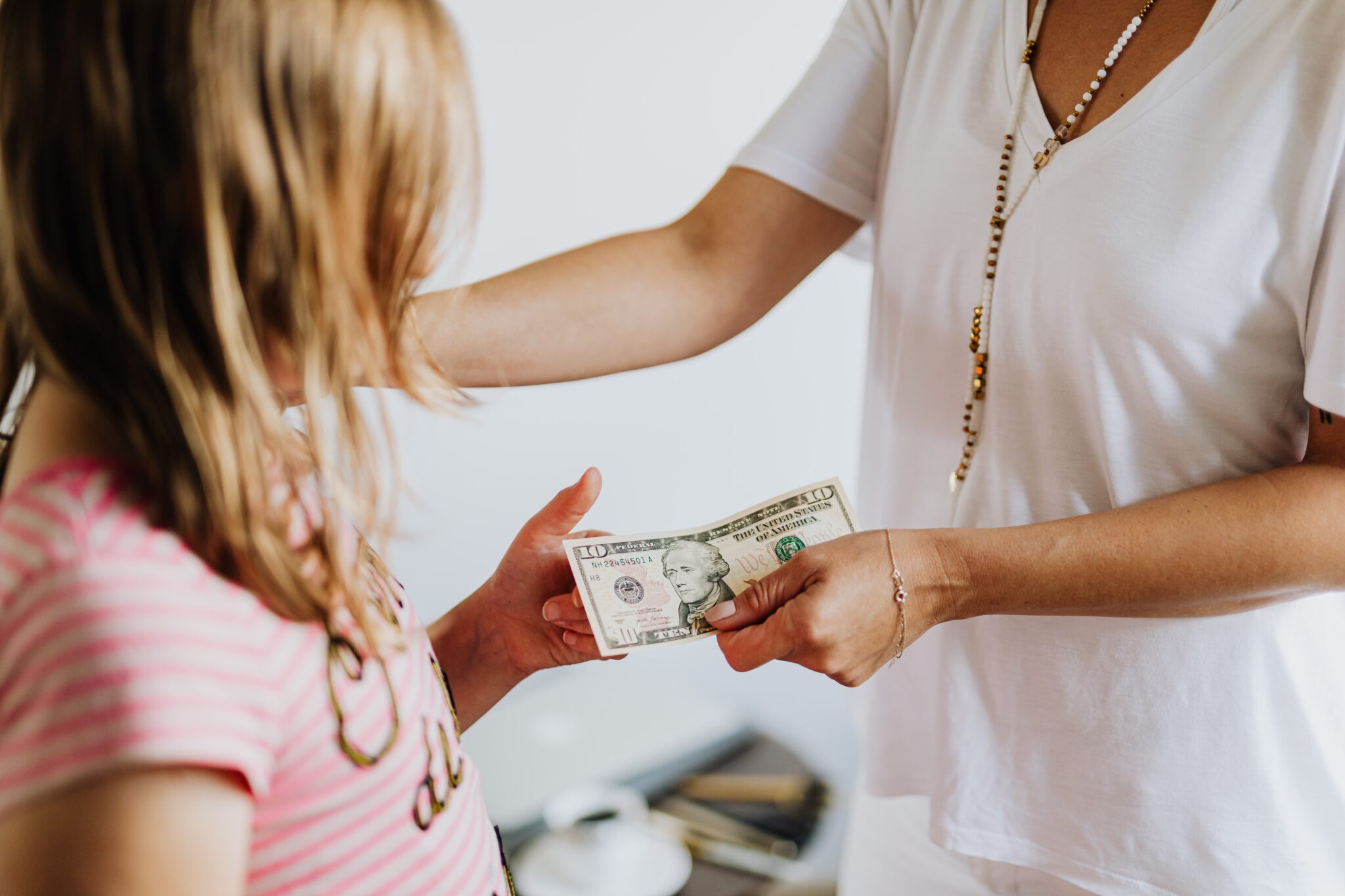By almost any measure, American life is increasingly divided. Wealth inequality has skyrocketed over the last few decades, leading to stark differences in access to health care, quality education and stable housing. While we are all feeling the effects of coronavirus—the fear of a loved one falling ill, the anxiety of a simple trip to the grocery store—we’re also seeing how our divisions can be a matter of life and death.
It is not a coincidence that low-income people and people of color are bearing the brunt of this pandemic. In cities like Chicago and Milwaukee, African Americans comprise only a quarter to a third of the population but have suffered more than two-thirds of coronavirus-related deaths.

The majority of workers deemed essential during the pandemic—grocery store clerks, bus drivers, delivery people—are people of color. Far too many don’t have the masks and gloves they need to protect themselves and their families, let alone the flexibility to take paid leave. As a society, we have deemed their jobs essential, but not their lives.
The virus’ impact may be disproportionate, but our responsibility to contain it is collective. We know the basics: stay home, wash our hands and wear masks when we absolutely must go out. But those of us who can also have a responsibility to step up and go further. Understanding the causes of the disparity in the coronavirus’ victim rates, we need to recalibrate our actions and our giving to make the biggest possible difference.
Here’s what I mean. Right now, it is essential to give to organizations on the front lines, such as local food banks that are supplying meals for workers who have lost their jobs, nonprofits providing rental assistance, so people don’t lose their homes, or organizations supplying personal protective equipment to essential workers. If you aren’t sure how to begin, Giving Compass has a comprehensive list of response funds from around the country to help you get started.

But when the immediate threat of this crisis subsides, we cannot continue to accept the deeply inadequate systems of support that left so many of our fellow Americans vulnerable in the first place. The consequences of our divisions have been laid bare; our giving and our actions should lay the foundation for a different kind of world.
For example, through our foundation, my husband and I have spent more than a decade trying to combat youth homelessness—a crisis that impacts millions of young people each year. We’ve learned that the key is fixing the systems that touch their lives long before they’re on the streets. Funding shelter beds is necessary and admirable. But keeping young people out of those shelters in the first place means changing a juvenile justice system that routinely sentences black teens to harsher, more traumatic stays in detention, and changing a school system that pushes some children to succeed and others out the door.
Most importantly, we learned these things by listening to the young people we sought to help. Too often, those of us whose lives haven’t been touched by these systems blame a person’s shortcomings, failing to see the broader context. It’s not people who are broken. The systems that are supposed to support them are.
A woman I admire, Eleanor Roosevelt, was among the first to understand the power of this approach. After becoming First Lady, she authored an article titled “I Want You to Write to Me,” which prompted more than 300,000 Americans to send letters about their struggles. Her understanding of the systems that burdened people with lives very different from her own made Roosevelt one of the most effective advocates of her time.
You don’t need the platform of a First Lady or a foundation to make change. Giving in service of change, rather than charity, means looking beyond your own experiences and listening deeply to people who have led very different lives. It means using both your resources and your voice to demand a different world.
It’s fashionable, but false, to say that the coronavirus doesn’t discriminate. The virus discriminates because our systems discriminate. Today, we can help cover the medical costs of COVID-19 patients, but tomorrow, we need to fix a health care system that puts care out of reach for millions of people. Today, we can buy groceries and masks, but tomorrow, we should fix a system that leaves people reliant on food banks and treats essential workers as expendable.
By giving for change, not charity, we can begin to bridge our divides and build a better future. Let’s start now.
Tricia Raikes is the co-founder of the Raikes Foundation with her husband, Jeff. The foundation works toward a just and inclusive society where all young people have the support they need to reach their full potential.






